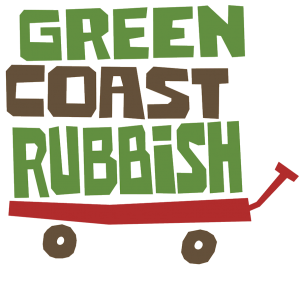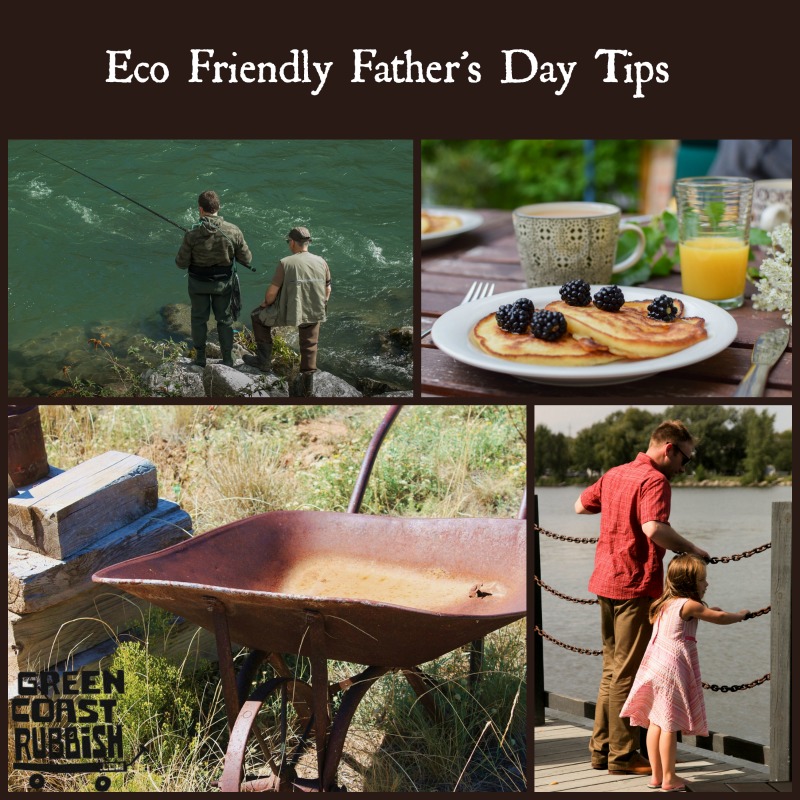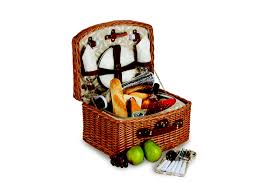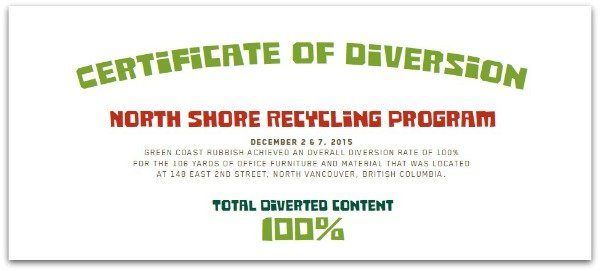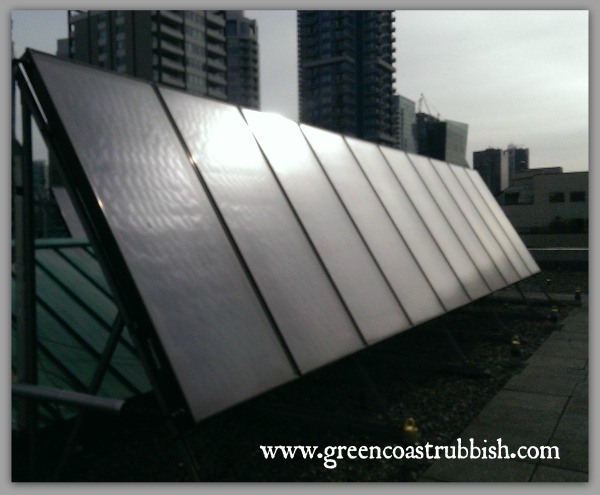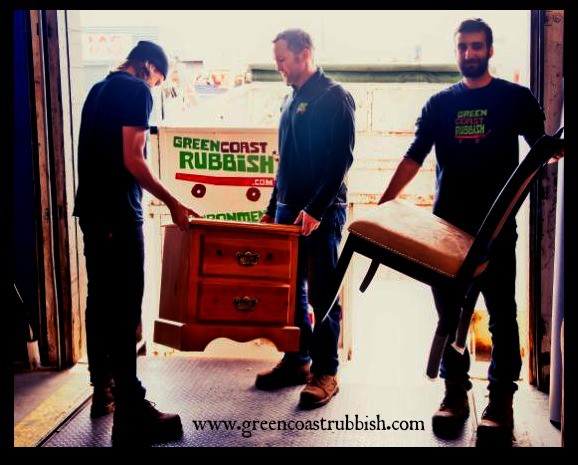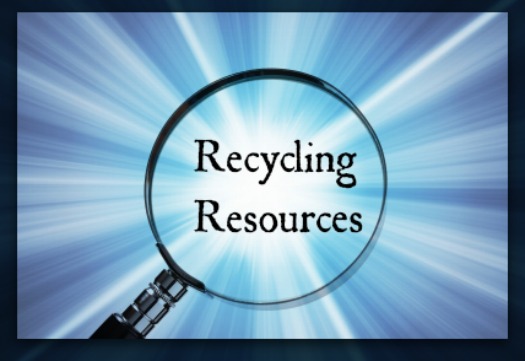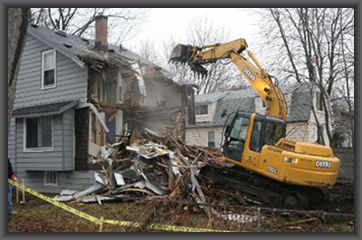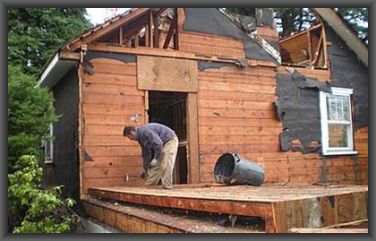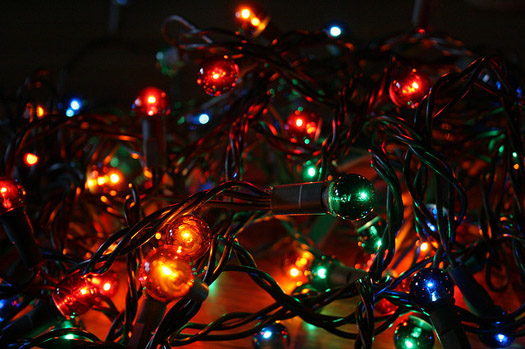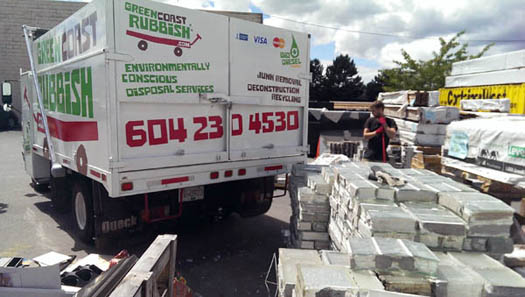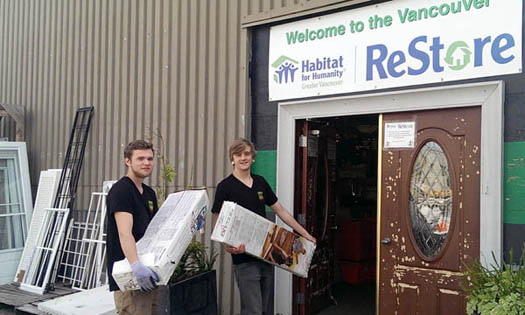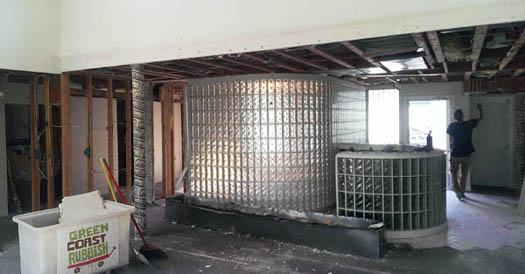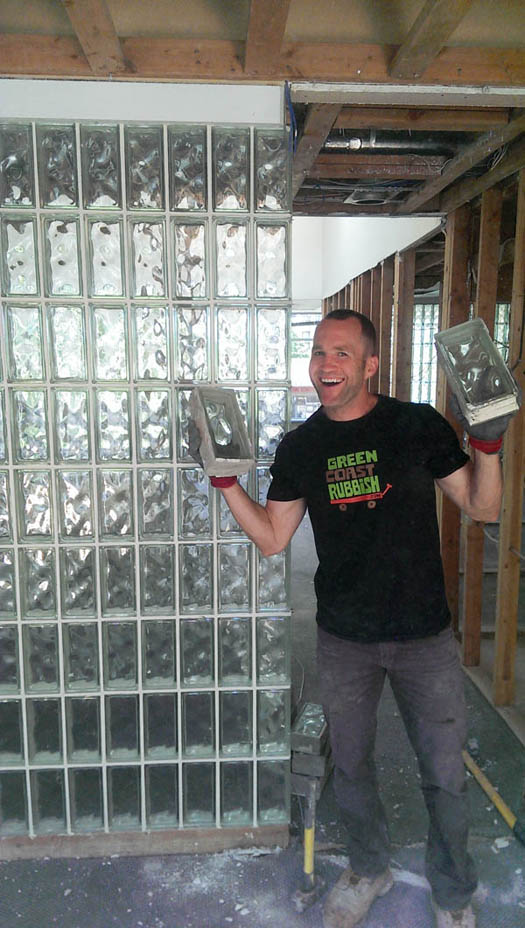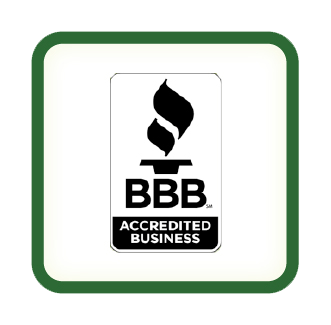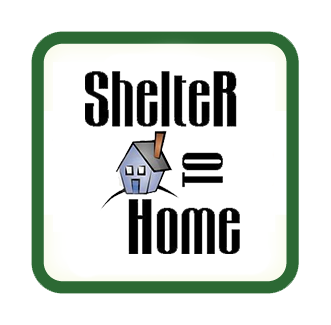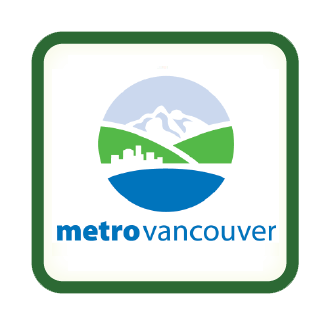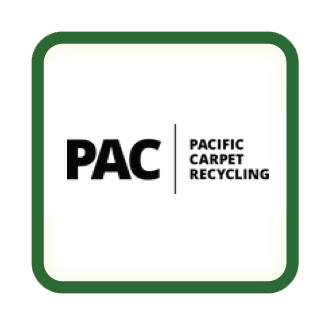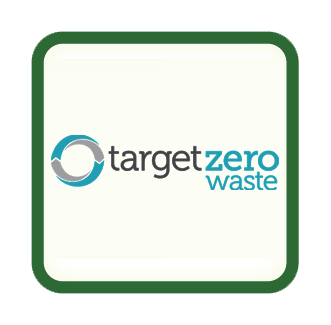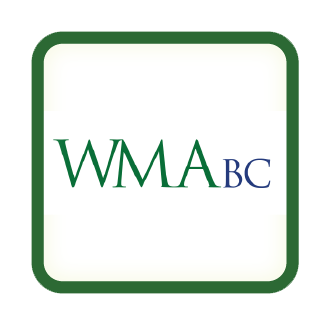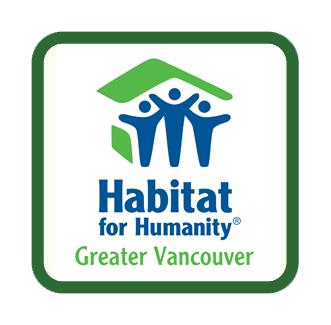Posts
Green Coast in Action: North Shore Recycling Program Zero Waste Project
/in Recycling, Uncategorized/by Green Coast RubbishRecycling Resources in Metro Vancouver and BC
/in Recycling/by Green Coast RubbishIt’s not unusual to feel a little like Sherlock Holmes when you are trying to figure out where in the world to recycle or dispose of your old stuff. You can use basic deductive reasoning and call your local municipality or recycling centre to try and get some answers. You can just pile up your old TV, propane cannisters, paint cans and other old stuff in the back of your garage in the hopes that it will magically disappear (or call Green Coast Rubbish to come and recycle it for you!). Or like Sherlock Holmes, you can do some “elementary” research using one of these great recycling resources to solve even the most puzzling recycling mysteries.
1. BC Recyclepedia Smart Phone App
We like this handy little app which offers recycling options throughout British Columbia for over 70 materials. Select the item(s) you want to recycle or dispose of from the pick list and you will receive a list of the 10 nearest depot’s and a Google map with directions. Download this free app onto your iPhone or Android device or view the same information on the Recyclepedia web page.
2. Metro Vancouver Recycles
Residents and businesses can visit the Metro Vancouver Recycles web page to find places to donate or recycle just about anything. You will be asked to select the material you wish to recycle or dispose of and provide your location information to get a list of suitable recycling options.
3. North Shore Recycling – Recycling Directory
If you live on the North Shore you are probably already familiar with North Shore Recycling; however their recycling directory is a great resource for all Metro Vancouver residents. This extensive directory describes where you can recycle your items as well as connecting you with detailed information on provincial stewardship programs and other resources.
4. Recycling Hotline
When all else fails and you can’t solve the mystery of where to take your items for recycling, the Recycling Council of British Columbia’s Recycling Hotline is the place to call. You’ll find an expert at the end of the line who will be able to do the detective work for any recycling or disposal mysteries you may be experiencing. Call 604-RECYCLE; 604-732-9253; or 1-800-667-4321 or email hotline@rcbc.ca.
5. Sell or Donate It
Sell or donate your reusable stuff to others using one of a variety of local websites such as:
- Habitat for Humanity Greater Vancouver
- Craigslist Vancouver
- Used Vancouver
- Helping Families in Need Society
- Kijiji Vancouver
No mystery here Watson. Just some good old fashioned detective work!
Deconstructing Vancouver’s Green Demolition Bylaw
/in Recycling/by Green Coast RubbishHome owners and property developers in the city of Vancouver will follow new demolition waste recycling requirements for houses built before 1940 thanks to the Green Demolition Bylaw which went into effect on September 1, 2014. From now on, a minimum of 75% of the demolition waste from these older homes will be recycled; and that number increases to 90% for character houses from the same era.
We had the opportunity to interview Senior Sustainability Specialist Hugo Haley from the City of Vancouver to find out more about the Green Demolition Bylaw and what it means for home owners and developers. Here’s what he was able to share with us:
Q: What led the City of Vancouver to establish these new recycling requirements for pre-1940’s houses?
A: Metro Vancouver’s regional solid waste plan requires all municipalities to do more to encourage recycling of construction and demolition waste. Also, the City of Vancouver’s Greenest City Action Plan’s Zero Waste goal is to reduce the amount of solid waste disposed to landfill by 50% by 2020. To achieve this goal, the City intends to improve demolition waste recycling performance, and put in place policies to achieve 50,000 tonnes additional recycling from the demolition and construction waste sector.
Q: What is the difference between a pre-1940’s home to one that was built later that prompted this policy? Will newer home demolitions become subject to similar recycling requirements in the future?
A: Homes built before 1940 often have valuable architectural features … built with old growth timber and other valuable materials. The City would like to discourage older character homes from being demolished … if they are going to be demolished, the City wants to ensure that a high percentage of demolition materials are reused or recycled. In the future, the City would like to include recycling requirements for all ages classes of homes to make sure valuable and usable materials are kept out of the landfill.
Q: What is “deconstruction” and why is it being used to demolish these older homes?
A: Deconstruction is an alternative to traditional demolition. Deconstruction is a more systematic and careful approach to taking apart the house where more of the materials are kept intact and can then be separated for reuse and recycling.
Q: Is this new bylaw unique in Metro Vancouver, perhaps even in North America?
A: These requirements are not unique in North America. There are numerous municipalities in the United States that require demolition waste recycling, with California’s requirements applying state wide. Cities with similar policies include Chicago, Seattle, San Fransicso and Boulder. In Metro Vancouver, the city of Port Moody has such a policy.
Q: Do you have any relevant statistics you can share including how many demolitions and how much material you think will be diverted from the landfill each year?
A: There are about 1,000 homes demolished in the city of Vancouver every year. About 350 of those are from the pre-1940 era and subject to the new requirements. We expect about 12,000 tonnes of additional reuse and recycling to be achieved in the first year … This amount will increase as the requirements extend to more homes.
Green Coast Rubbish President & CEO Eamonn Duignan wrote a letter to Council in support of the new bylaw saying “we whole heartily support this policy initiative … far too often we see reusable or recyclable material landfilled, simply because there is no regulatory framework in place.”
Green Coast Rubbish specializes in demolition and deconstruction services.
If you are considering the deconstruction of a pre-1940’s home, here are some helpful links for more information:
- City Bulletin – Demolition Permits for Pre-1940 Houses – Waste Recycling Requirements
- City of Vancouver Recycling requirements for your demolition project
- City of Vancouver Demolition permit with recycling requirements
- Metro Vancouver’s Demolition, Land Clearing and Construction Waste Management Toolkit
- Bulletin: Heritage or Character Building Review – Interim Procedure
Green Building Apps
/in Green Buildings/by Green Coast RubbishBesides our business commitment at Green Coast Rubbish to preserve and clean up our environment, we are also personally excited about new technologies that help people become more aware of their urban surroundings, and ways we can help its preservation. Recently a lot of smart phone apps have popped up that do just this.
Some of our favorites combine fascinating environmental info and architectural facts together. Two awesome examples we’ve found are the ‘Green Building App’, which enables people to discover Green Buildings throughout Vancouver (in proximity to where they are). As well as the ‘Green Building Audio Tours’, which are short podcasts recorded by a member of the design team explaining specific features of that building. You can listen to them at any time by simply calling a phone number. It’s a great way to discover more about each building, and learn more about the neighborhoods they belong to. This tour includes several buildings constructed for the 2010 Winter Olympics — such as the Vancouver Convention Centre, Vancouver Olympic/Paralympic Centre, and the Trout Lake Rink — to name just a few. If you have a bit of time to explore, check out one of these free apps while you’re out. Whether you’re a tourist or a local, you’re sure to gain a deeper understanding about the city, and the innovative ways we’re working to improve it.
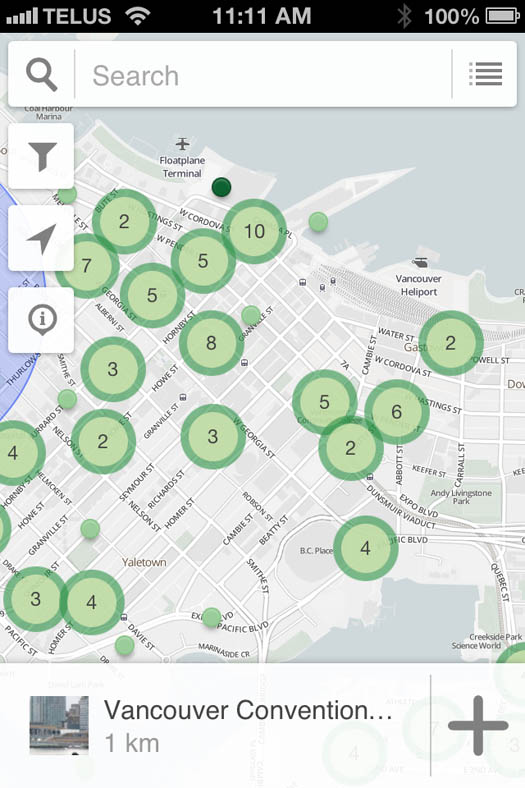
Vancouver aims to become the Greenest City in the world by 2020, and it’s taking big steps toward that goal. By constructing buildings that mimic natural processes to help produce/conserve energy and water, and incorporating state-of-the-art technology in the design, we encourage environmental innovation for the future. And thankfully, conserving resources doesn’t have to sacrifice style, as evidenced by the unique beauty and functionality of many of these new sustainable developments.
Make Memories, Not Garbage
/in Uncategorized/by Green Coast RubbishIn less than a week, Christmas will be here. Many of us find ourselves feeling stressed this time of year, trying to frantically cross things off shopping lists, trudging through crowded malls to stand in line for items that we’re not even entirely sure people will want. There are times when you are thrilled to find the *perfect* thing, but other times it feels more obligatory… buying stuff because we feel it’s what’s expected. Do we really need more?
There is a solution that can help ease the personal chaos of the season, while giving those you love something that will last infinitely longer than the latest toy, or a new appliance.
Metro Vancouver for several years in a row has promoted the ‘Create Memories, Not Garbage‘ campaign. And we couldn’t agree more! We love the idea of giving the gift of experiences, rather than things. Putting aside time to do special activities with those you care about, and establishing memories together. Many of us can look back on Christmases past, and are not able to recall many of the gifts we were given. But we fondly remember road-trips with our families, game nights, or going out to a great restaurant with a friend or sibling. Here are a few ideas that might spark your imagination this holiday season:
- An afternoon at Science World or the Vancouver Aquarium.
- Theatre or Concert Tickets.
- Memberships to the Vancouver Art Gallery.
- Art or cooking classes from Community Centres.
- Ski/snowboard passes for local mountains.
- Exploring VanDusen Gardens.
- A short trip to Tofino, Whistler, or Harrison Hot Springs.
- Dinner and a Movie nights.
- If you are skilled at something, offer to teach someone who wants to learn — knitting, cooking, woodworking — the sky’s the limit.
- … the opportunities are endless!
Gifting experiences allows you to give something meaningful, while also helping to cut back on the waste that ultimately ends up cluttering our landfills. But, if you are still looking for something to put under the tree (while avoiding busy malls and big box stores) is to find unique, locally made gifts, and supporting the work of artisans and businesses closer to home.
From everyone here at Green Coast Rubbish, we wish you and your family a happy and memorable holiday!
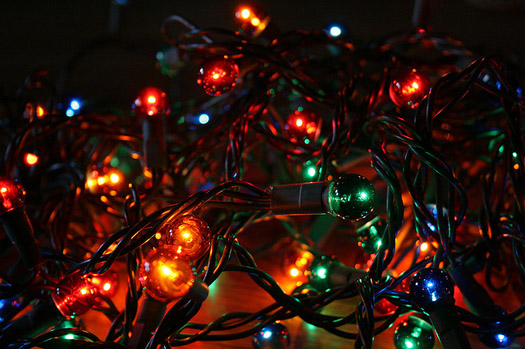
© Lindsey Turner
ReStore and Habitat for Humanity
/in Donate, Renovation Waste/by Green Coast RubbishTaking care of the environment, and helping people in our communities: these are two fundamental ideas we’ve built our company on from the start. They help us strive to reuse or recycle many unwanted materials, keeping them out of our landfills. If those materials can then be used to help local families put a roof over their heads, why wouldn’t we do everything possible to make that happen?
Because we care so much about this, we like to give shout-outs to similar minded businesses who are working hard to make a difference. One such business is ReStore, which opened it’s doors recently in North Vancouver.
ReStore is a non-profit organization that sells new and used building and home improvement materials that have been donated to them by builders and homeowners; with 100% of the money raised going toward Habitat for Humanity initiatives in the Greater Vancouver area. Run almost entirely by volunteers, ReStore/HH helps to provide modest-income families with affordable, accessible housing options (while at the same time giving some pretty sweet deals to people looking for items to complete renovation projects around their homes).
We believe in the great things that organizations like Habitat for Humanity are doing locally, so whenever possible GCR salvages usable material from the jobs we do and donates them. A recent demolition of an office on the North Shore allowed us to dismantle approximately 790 glass blocks from their walls and send them to ReStore—which could potentially translate to a resale value of thousands of dollars—toward their efforts in helping more people have homes in our communities.
Last year alone we were able to donate approximately 9 tonnes of various goods and materials to charities throughout Vancouver who can make good use of them. Check out what ReStore is doing; they are located at 126 Harbour Avenue in North Vancouver.
